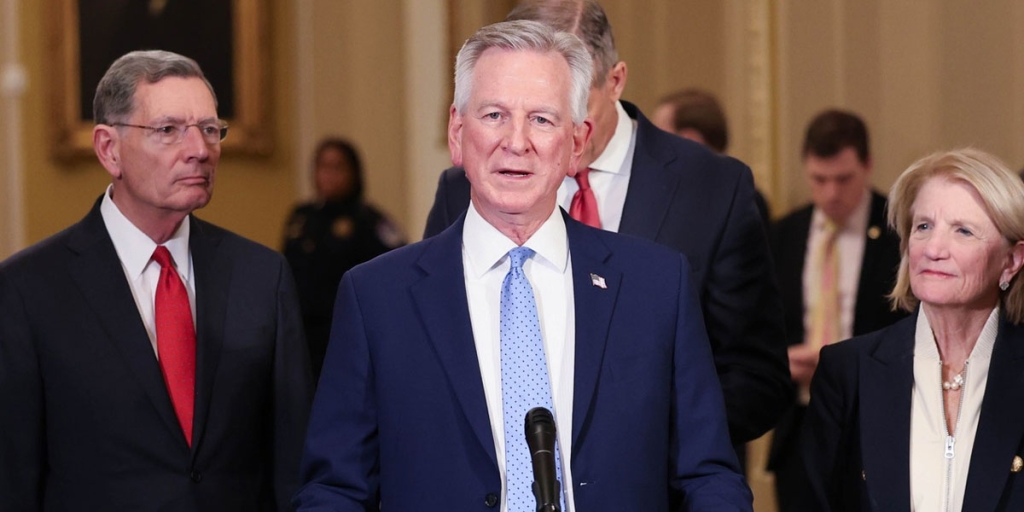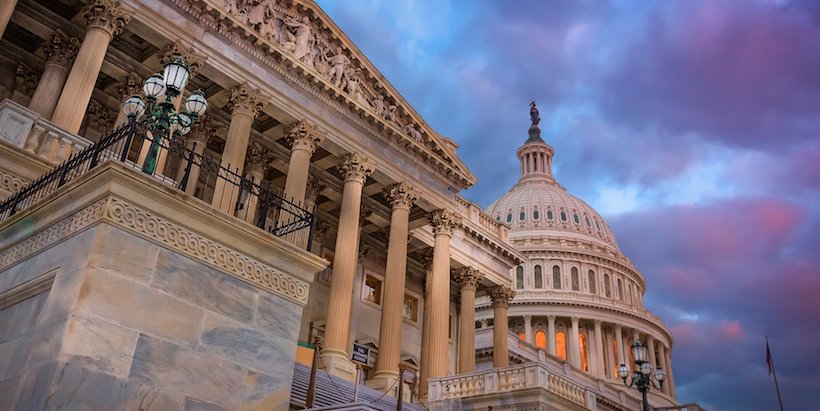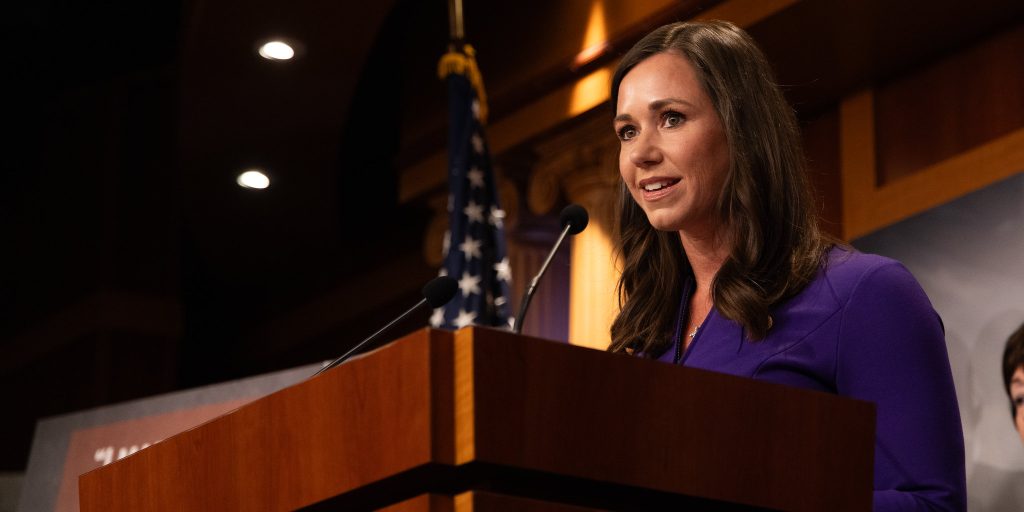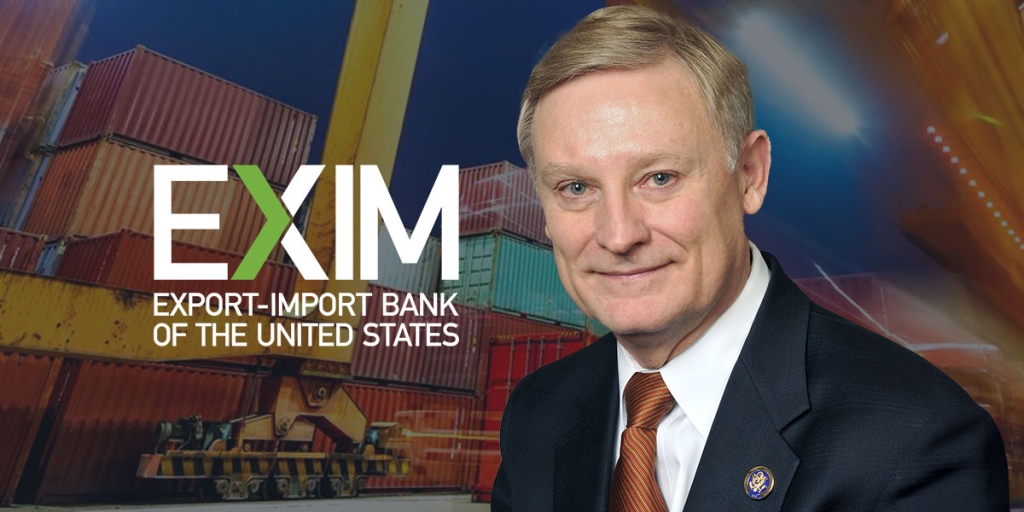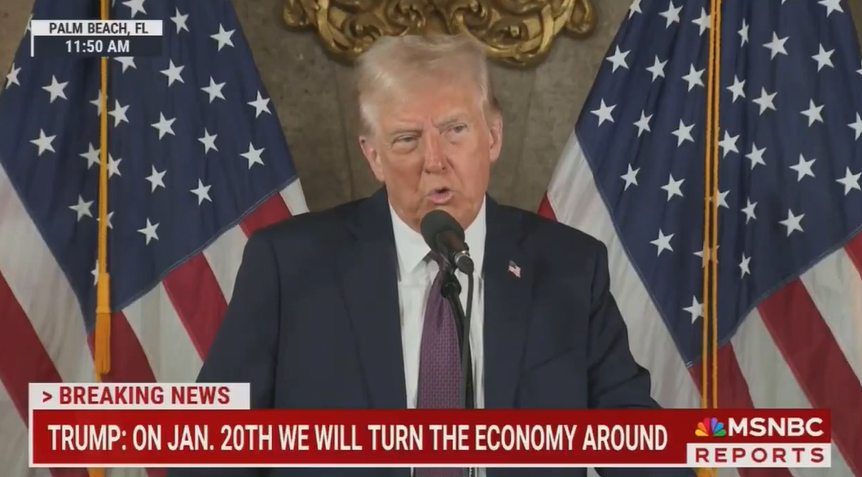
WASHINGTON, D.C. — The Senate invoked cloture on the Trade Promotion Authority (TPA) bill that will allow President Obama to “fast track” the 12-nation Trans-Pacific Partnership trade deal, effectively ensuring its passage later this week.
Alabama Senators Jeff Sessions (R) and Richard Shelby (R) were two of only five Republicans to vote against the regulatory hurdle.
The TPA allows President Obama to “fast-track” trade agreements, including the upcoming Trans-Pacific Partnership (TPP), after several rounds of back and forth over the last few weeks. The House did not pass the attendant controversial Trade Adjustment Assistance (TAA) program, but Republican leaders plan to push for it in a separate bill. TAA funnels federal taxpayer dollars to American workers who lose their jobs because of the trade agreements TPA would make possible.
Upon receiving the bill from the House, the Senate salvaged the proposal with a key procedural vote Tuesday morning after several Democrats sided with GOP leaders to break a filibuster on standalone fast-track trade legislation. The cloture vote, which passed 60-37, hinged on Democrats’ ability to trust Senate Majority Leader Mitch McConnell (R-KY) and House Speaker John Boehner (R-OH8) to keep their promise to shepherd into law both the fast-track bill, and the TAA.
Opponents of the TPA decried the leadership’s tactics in the filibuster override. In a statement Tuesday, Senator Jeff Sessions wrote, “Washington broke arms and heads to get that 60th vote—not one to spare—to impose on the American people a plan which imperils their jobs, wages, and control over their own affairs. It is remarkable that so much energy has been expended on advancing the things Americans oppose, and preventing the things Americans want.”
The Trans-Pacific Partnership currently includes the twelve countries of Australia, Brunei, Canada, Chile, Japan, Malaysia, Mexico, New Zealand, Peru, Singapore, and the United States. The proposed agreement’s detractors have expressed serious concern over the its contents.
Senator Jeff Sessions expressed his views earlier this week, saying “This Congress should not fast track any transnational union of which we are a part until we understand every word of it.”
The “living agreement” aspect of the package has also been cited by critics as the basis for the concern that the US, and Congress in particular, is giving up some of its sovereignty. Many congressmen on both sides of the aisle are wary that the international regulations could morph into something that Congress did not authorize.
Sessions echoed those fears earlier this week, highlighting the TPP’s potential as a tool to implement the President’s environmental agenda and reiterated his concerns that the US could be ceding regulatory authority to international control.
Senator Richard Shelby told Yellowhammer earlier this month “While I support the principle of free trade, I voted against moving forward on a bill that would provide the President with ‘fast-track’ negotiating authority. President Obama has abused the power of his office many times, and I have serious concerns with his ability to negotiate a trade deal that will be in the best interest of the American people.”
Other Alabama congressmen have expressed more positive opinions on the trade deals. Rep. Martha Roby (R-AL2) stated “There’s no question that trade supports jobs in Alabama, and it’s our responsibility to make sure trade agreements we enter into benefit American workers and serve our nation’s strategic global interests. That’s why this Trade Promotion bill is important. It puts Congress in a much better position to ratify good multi-lateral trade agreements and to stop bad ones.”
Rep. Bradley Byrne (R-AL1) wrote an opinion piece for Yellowhammer explaining why President Obama should have Trade Promotion Authority.”Every President already has the Constitutional authority to negotiate trade deals with foreign nations,” he wrote. “But TPA would allow Congress to set guidelines, restrictions, and requirements for the negotiations. TPA puts Congress, not President Obama, in the driver’s seat when it comes to trade agreements”







